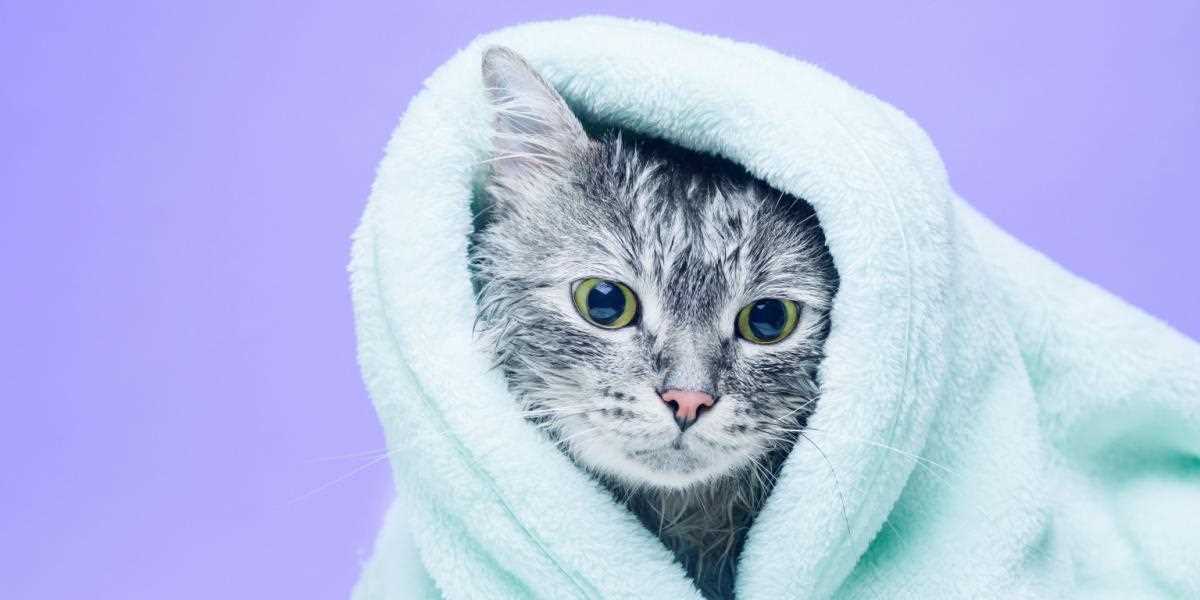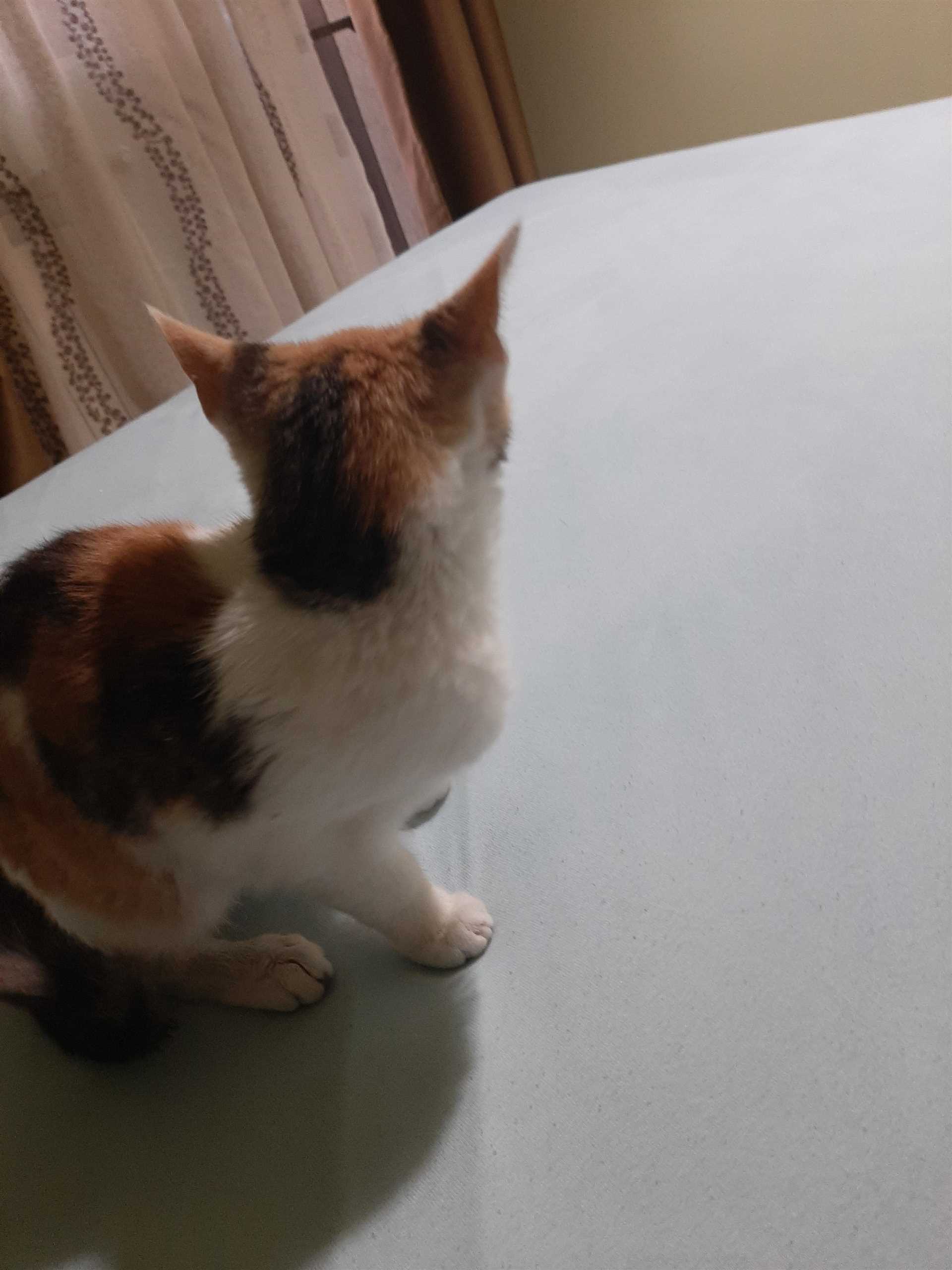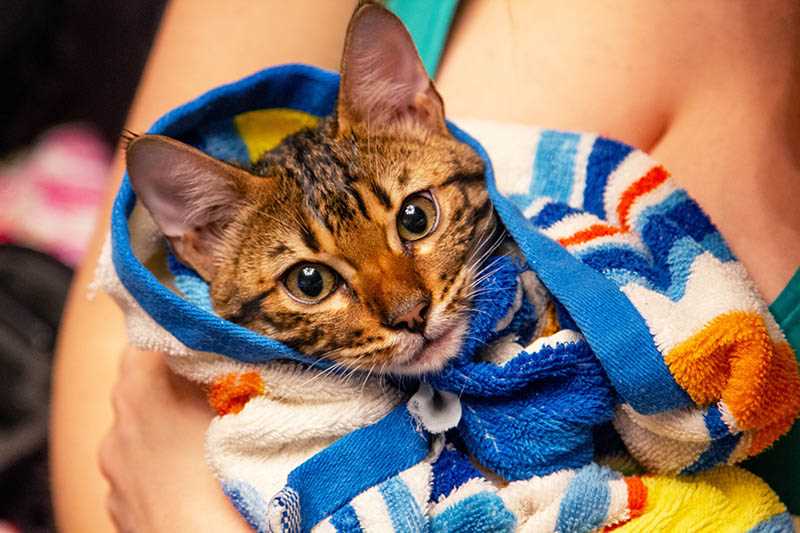



Using a dry shampoo specifically designed for pets can work wonders for my coat. This product absorbs oils and odors, leaving me smelling delightful without the stress of water. A gentle sprinkle followed by a thorough brush is all it takes.
Regular grooming sessions not only keep my fur tidy but also help in removing dirt and loose hair that can contribute to unpleasant scents. A quality brush tailored for my breed makes this task enjoyable and effective.
Incorporating a few natural remedies, such as baking soda, can neutralize odors. Just a light dusting on my fur, left for a few minutes before brushing it out, can refresh my scent significantly.
Offering a balanced diet influences my overall scent too. High-quality food ensures my skin remains healthy and reduces any smell that might arise from poor nutrition. Fresh water should always be available to keep me hydrated and my coat in top condition.
Creating a clean environment is essential. Regularly washing my bedding and toys helps eliminate any lingering odors. It’s a simple yet effective way to ensure I always feel and smell my best.
Regular Grooming Techniques for Odor Control
Daily brushing is key. It removes loose fur and dander, preventing buildup that can lead to unpleasant scents. Use a slicker brush or a grooming glove to get through my thick coat, ensuring you reach the underlayers.
Focus on Problem Areas
Pay special attention to areas prone to odors, such as the paws and behind the ears. Gently wipe these spots with a damp cloth to eliminate grime. Regular checks help maintain freshness and hygiene.
Nail Care and Paw Cleaning
Keep claws trimmed to prevent dirt accumulation. After outdoor adventures, wipe down my paws with pet-safe wipes. This habit helps control any external odors that cling to my fur.
Incorporate regular ear checks. Clean ears with a vet-recommended solution to avoid build-up that can lead to unpleasant smells.
Lastly, consider using a sprinkle of baking soda on my bedding or favorite spots. It absorbs odors effectively. Just make sure to shake it off after a while!
Choosing the Right Cat-Safe Deodorizing Products
Opt for natural sprays containing ingredients like baking soda or essential oils that are safe for furry friends. Look for products specifically designed for pets, ensuring they are free from harmful chemicals like alcohol or synthetic fragrances.
Consider using odor-neutralizing crystals that absorb unpleasant scents. These can be placed in areas your companion frequents, providing a fresher environment without direct application.
Some brands offer dry shampoos made for felines, which can help eliminate odors while adding a pleasant fragrance. Ensure the formula is non-toxic and approved for use on animals.
Look into gentle wipes infused with natural deodorizers for quick touch-ups. These can be useful for cleaning paws or fur after a meal or playtime.
Always read labels carefully to confirm safety and suitability for your breed. Consult with a veterinarian if unsure about any product. Prioritizing your pet’s health while keeping them smelling pleasant is key.
Maintaining a Clean Living Environment for Your Feline Friend

Regular cleaning of the spaces where I roam is crucial. Start by vacuuming carpets and rugs frequently to eliminate loose fur and dander. This not only keeps the area tidy but also reduces allergens in the air. For hard floors, a damp mop with a cat-safe cleaner can effectively remove any lingering odors.
Litter Box Care
Ensure the litter box is scooped daily. A clean box prevents unpleasant scents and encourages me to use it consistently. Change the litter entirely every week, and wash the box with warm soapy water to remove any buildup or stains.
Furniture and Bedding

Wash my bedding and any blankets I frequent weekly. Use a fragrance-free detergent to avoid any irritation. For furniture, consider using slipcovers that can be washed regularly. This makes maintaining cleanliness easier while keeping my lounging spots fresh.
| Cleaning Task | Frequency |
|---|---|
| Vacuum carpets and rugs | 2-3 times a week |
| Wash bedding and blankets | Weekly |
| Change litter | Weekly |
| Scoop litter box | Daily |
| Damp mop hard floors | Weekly |
Maintaining cleanliness in my space not only enhances my comfort but also helps keep the environment pleasant for my human companions. Regular attention to these tasks will ensure a fresh home for both of us.
Dietary Adjustments to Improve Your Feline’s Aroma

Switching to high-quality, protein-rich foods significantly enhances the scent of my fur. Opt for premium wet or dry formulas that prioritize real meat sources, avoiding fillers like corn and soy that can lead to unpleasant odors. Incorporating probiotics into daily meals aids digestion, which directly influences overall fragrance.
Avoiding overly processed treats is crucial. Instead, I enjoy fresh, natural snacks like cooked chicken or fish as occasional rewards. These not only delight my taste buds but also contribute to a fresher scent.
Hydration plays a key role as well. Encouraging water intake by using a pet water fountain ensures my body remains hydrated, leading to well-functioning kidneys and a reduction in waste odor. A healthy urinary system means fewer odors emitted from my litter box.
Additionally, consulting with my human about my dietary needs can be beneficial. Regular check-ups to monitor my health, including blood glucose levels, are vital. Using a glucose monitor for cats can help maintain an optimal diet, ensuring my nutritional requirements are met.
Finally, fruits and vegetables can be beneficial in moderation. Foods like pumpkin or carrots can aid digestion and contribute to a fresher aroma. Always confirm with a vet before introducing new items to my diet to ensure they are safe.
Identifying and Addressing Health Issues That Cause Odor
Regular check-ups with the veterinarian are crucial for spotting underlying health concerns. Some common ailments that can lead to unpleasant scents include dental disease, skin infections, and gastrointestinal issues.
Signs of Potential Health Problems
- Persistent bad breath may indicate dental disease or oral infections.
- Foul odors from the skin can suggest infections or allergies.
- Unusual smells from the litter box might be a sign of digestive troubles or urinary tract infections.
Steps to Take
- Schedule regular veterinary visits for health assessments.
- Monitor for any changes in behavior, eating habits, or litter box usage.
- Maintain oral hygiene with vet-recommended dental treats or toys.
- Keep an eye on skin for any unusual bumps, redness, or discharge.
If any concerning symptoms arise, consulting a veterinarian promptly can help address issues before they escalate. Taking proactive steps ensures a happier and healthier life.









